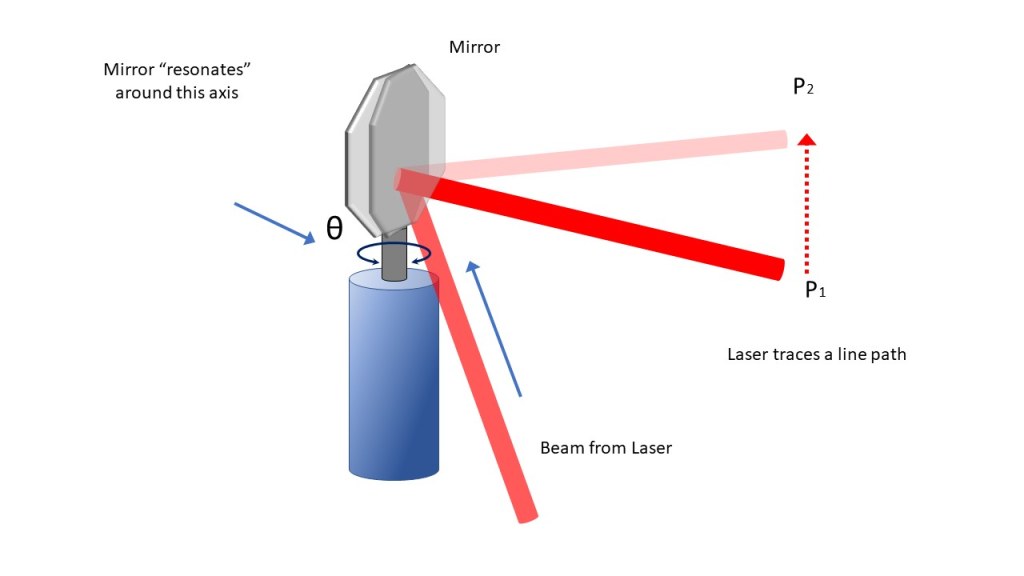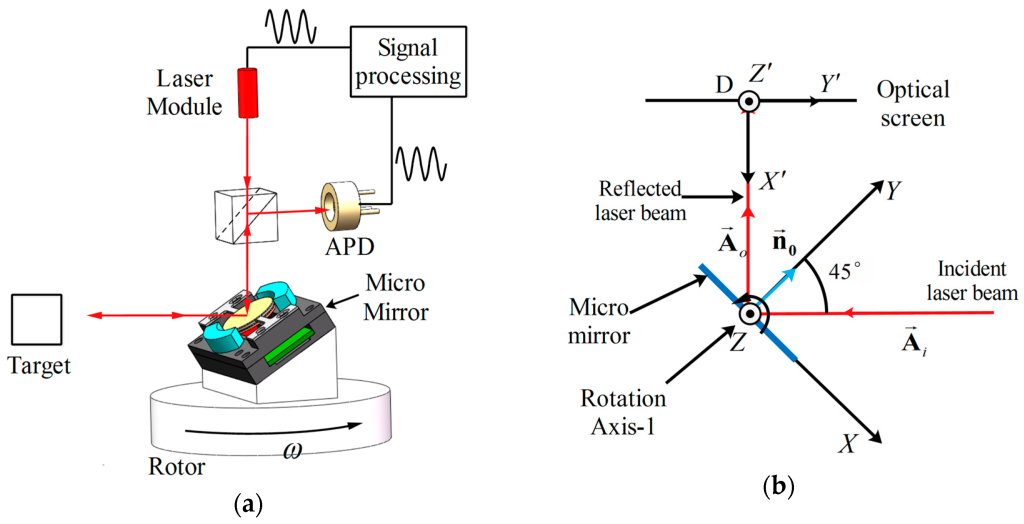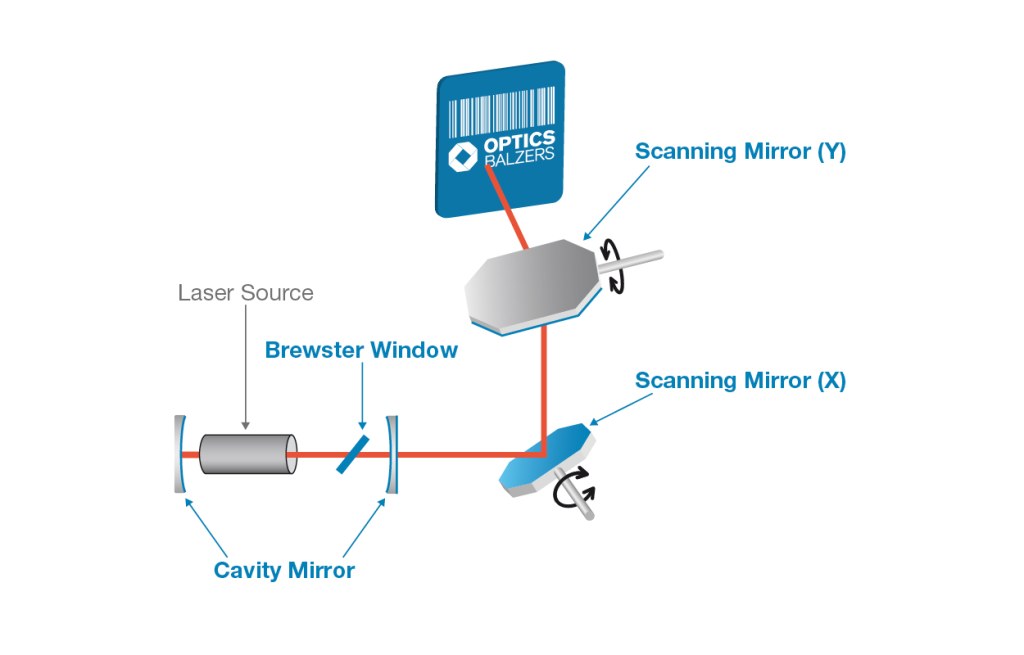Unlock Your True Potential With Revolutionary Mirror Scanning Technology – Experience The Power Of Mirror Scanning Today!
Mirror Scanning: Enhancing Security and Protecting Data
Introduction
Welcome, Good Peoples! In today’s digital era, maintaining robust security measures is crucial to protect sensitive information. One effective method that has gained popularity among organizations is mirror scanning. This article will delve into the concept of mirror scanning, its benefits, drawbacks, and how it can be implemented to safeguard data.
3 Picture Gallery: Unlock Your True Potential With Revolutionary Mirror Scanning Technology – Experience The Power Of Mirror Scanning Today!



Before we explore the details, let’s first understand what mirror scanning entails and how it plays a vital role in enhancing cybersecurity.
What is Mirror Scanning?

Image Source: bliqphotonics.com
🔍 Mirror scanning is a technique used to detect and prevent any unauthorized access or potential vulnerabilities within a mirror copy of a system or network. It involves scanning and analyzing this mirrored environment to identify any security loopholes or anomalies that might put data at risk.
🔒 By conducting regular mirror scans, organizations can proactively identify and address potential security threats, ensuring the integrity and confidentiality of their sensitive information.

Image Source: mdpi.com
💡 Mirror scanning serves as a preventive measure against cyber attacks and enhances overall security infrastructure.
Who Should Utilize Mirror Scanning?
🏢 Mirror scanning is essential for any organization that deals with sensitive data, regardless of its size or industry. From multinational corporations to small businesses, all can benefit from this security practice.

Image Source: materionbalzersoptics.com
👥 IT professionals, system administrators, and cybersecurity experts are the primary users of mirror scanning tools and techniques. They are responsible for implementing and monitoring the scanning process to ensure maximum protection against potential threats.
🌐 Additionally, individuals who value their online privacy, such as bloggers, journalists, and activists, can also utilize mirror scanning to secure their online presence and protect their sensitive data.
When Should Mirror Scanning be Conducted?
📅 Mirror scanning should be performed regularly to maintain a secure environment. The frequency of scans may vary depending on the organization’s requirements, but it is recommended to conduct mirror scans at least once a week.
⌛ It’s crucial to keep in mind that cyber threats are constantly evolving. By conducting regular mirror scans, organizations can stay ahead of potential risks and promptly address any vulnerabilities.
⏰ Additionally, mirror scanning should be performed whenever significant changes are made to the system or network. This includes updates to software, changes in network configurations, or the addition of new hardware.
Where Can Mirror Scanning be Implemented?
🏢 Mirror scanning can be implemented in various environments, including corporate networks, data centers, cloud infrastructures, and personal devices.
🌐 In corporate settings, mirror scanning can be used to monitor and secure internal networks, servers, and databases, ensuring the protection of critical business information.
☁️ Similarly, in cloud infrastructures, mirror scanning can help detect and resolve any vulnerabilities in the virtual environment, providing an additional layer of security for cloud-based applications and data.
💻 On a personal level, mirror scanning tools and techniques can be utilized to protect personal devices, such as laptops and smartphones, from potential cyber threats.
Why is Mirror Scanning Essential for Cybersecurity?
🔒 Mirror scanning plays a crucial role in enhancing cybersecurity by identifying and addressing potential vulnerabilities before they can be exploited by malicious actors.
🔍 It enables organizations to detect various types of threats such as malware, ransomware, hacking attempts, and unauthorized access.
🔄 By conducting regular mirror scans, organizations can ensure the integrity and confidentiality of their data, maintaining trust with their clients and partners.
💡 Furthermore, mirror scanning helps organizations comply with regulatory requirements and industry standards, reducing the risk of data breaches and potential legal consequences.
How Does Mirror Scanning Work?
🔒 Mirror scanning works by analyzing the mirrored copy of a system or network using specialized software or tools. These tools scan for known vulnerabilities, configuration mistakes, or any suspicious activities within the mirror environment.
🔍 The scanning process involves examining various aspects such as network protocols, firewall configurations, software versions, and permissions. This comprehensive analysis helps identify potential security gaps and weaknesses.
🛠️ Upon detecting any vulnerabilities, mirror scanning tools provide recommendations on how to address and mitigate these risks, allowing organizations to take proactive measures.
Pros and Cons of Mirror Scanning
Pros:
1️⃣ Enhanced Security: Mirror scanning helps organizations identify and address potential vulnerabilities, reducing the risk of data breaches.
2️⃣ Proactive Approach: By conducting regular scans, organizations can stay one step ahead of cyber threats and take preventive measures.
3️⃣ Regulatory Compliance: Mirror scanning ensures organizations meet the necessary security requirements mandated by regulatory bodies.
4️⃣ Cost-Effective: Implementing mirror scanning tools and techniques can save organizations from potential financial losses caused by security breaches.
5️⃣ Increased Trust: By prioritizing security, organizations can earn the trust of their clients and partners, enhancing their reputation.
Cons:
1️⃣ False Positives: Mirror scanning tools may sometimes generate false positives, flagging non-existent vulnerabilities and wasting resources.
2️⃣ Time-Consuming: Depending on the size and complexity of the system or network, mirror scanning can be a time-consuming process.
3️⃣ Resource Intensive: Mirror scanning requires dedicated hardware and software resources, which may be a challenge for organizations with limited budgets.
4️⃣ Skill and Knowledge Requirements: Implementing mirror scanning effectively requires skilled IT professionals who are well-versed in cybersecurity practices.
5️⃣ Potential Disruptions: In some cases, mirror scanning may cause disruptions to the normal functioning of systems or networks, leading to temporary downtime.
Frequently Asked Questions (FAQs)
1. Is mirror scanning applicable only to large organizations?
No, mirror scanning is beneficial for organizations of all sizes, from small businesses to large corporations. Any entity that handles sensitive data can benefit from mirror scanning.
2. Can mirror scanning prevent all types of cyber threats?
Mirror scanning helps detect and prevent various types of cyber threats, but it is not a foolproof solution. It is crucial to complement mirror scanning with other security measures for comprehensive protection.
3. How often should mirror scanning be performed?
Regular mirror scans should be conducted, ideally on a weekly basis. However, the frequency can vary depending on the organization’s specific needs and the evolving threat landscape.
4. Can mirror scanning cause disruptions to my systems?
In some cases, mirror scanning may lead to temporary disruptions or downtime. It is essential to perform scans during off-peak hours to minimize any potential impact.
5. Is mirror scanning a replacement for antivirus software?
No, mirror scanning is not a replacement for antivirus software. While mirror scanning focuses on identifying vulnerabilities within a system or network, antivirus software protects against known malware and viruses.
Conclusion
In today’s digital landscape, where cyber threats continue to evolve, mirror scanning has emerged as an essential practice to safeguard sensitive data. By conducting regular mirror scans, organizations can identify and address potential vulnerabilities, ensuring enhanced security and maintaining the trust of their clients and partners.
Remember, implementing mirror scanning is just one piece of the cybersecurity puzzle. Organizations must adopt a multi-layered security approach and stay updated with the latest trends and best practices to stay ahead of ever-evolving threats.
Final Remarks
🔒 Mirror scanning serves as a proactive security measure to protect valuable data and prevent potential cyber threats. However, it is essential to understand that no security measure can provide 100% protection against all possible threats.
⚠️ The information provided in this article is for educational purposes only and should not be considered as professional advice. It is recommended to consult with cybersecurity experts and professionals to assess your unique security needs and implement appropriate measures.
This post topic: Mirror



